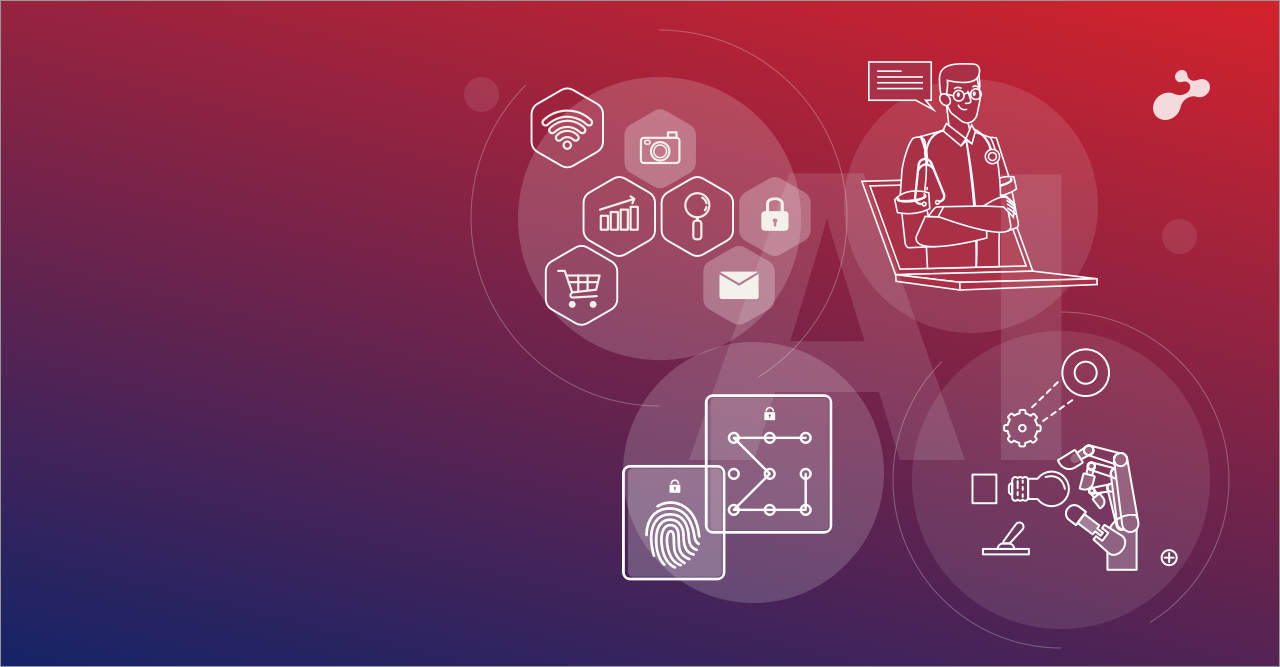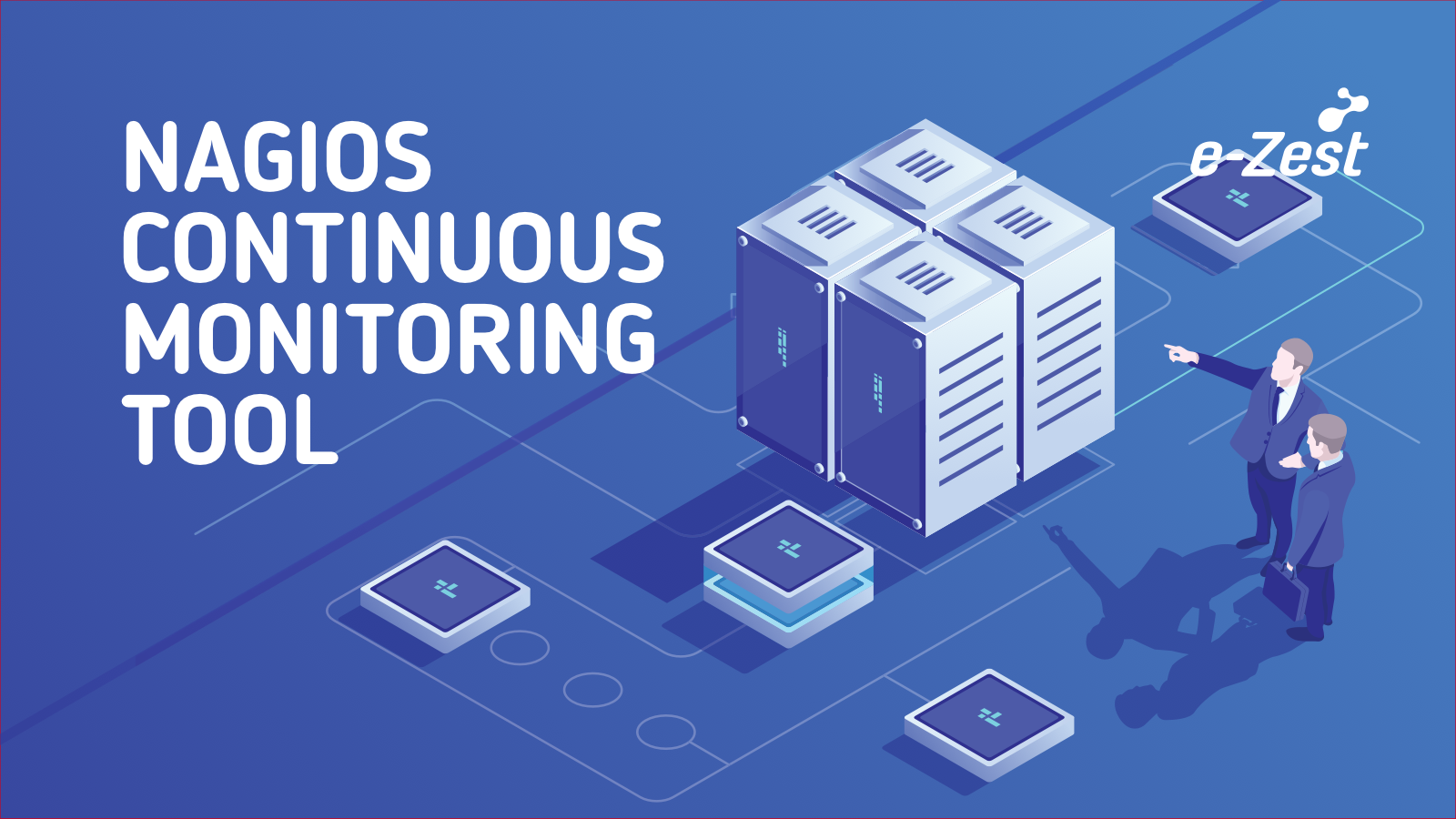The days that followed after DevOps gained attention from customers and industry veterans, it has started to mean different things to different people. Many are still seen using the term without fully knowing what it actually means to business.

In reality it is quite simple
We all have often noticed most web applications going through frequent and quick changes. DevOps let you make these transformations happen without disturbing the user experience. DevOps has radically transformed the software application landscape. Gone are those days when you had to wait for your software vendors to deliver the services that fixed all the bugs and for user interface enhancements, you had to go for an expensive new version. Web and mobile application development using DevOps has disrupted the software industry forever, bringing development and operations team forever closer.
Challenges immanent to traditional methodologies
Product companies consistently struggle to meet the growing demands from the users. First, they need to bring out best user experience across various form factors. Second, deliver regular feature and function enhancements. Lastly, provide reliable and scalable infrastructure to support the backend application.
Other challenges include:
- Disparity between development, production and testing environments
- Uninvolvement of development in operations and vice versa
- lack of communication and collaboration
- Isolated silos - a barrier to ship software frequently
In the era of cloud and DevOps, the line between development and operations has started to blur. Today, DevOps has started the culture where infrastructure is code. Like most tested and proven methodologies, DevOps has three vital pillars or building blocks which are culture, process and tools:
Culture - Culture is the most influential and key aspect of DevOps. If you seek to embrace DevOps, you need to develop the culture that adopts and reflects the principals of DevOps. This is essentially about collaboration and communication among developers, IT Ops and testers. Many problems will get addressed with developers following the agile methodology. DevOps is primarily nothing without culture. The CIOs and CTOs are responsible for this transformation across the company.
Process - Every business has its own unique way of coding, testing and releasing scripts. DevOps stands on the pillars of well-defined processes. The process clearly defines everything right from the initial coding till the final product reaches the end users. These processes define the way code is built, tested and released. DevOps doesn't force change; DevOps instead aligns existing processes, teams and tools with a common goal of delivering software more rapidly.
Tools - There are a gamut of tools that help you realize the promise of DevOps. Every organization seeking to move towards DevOps should therefore identify and record the set of tools required by developers, project managers, testers and IT Ops. These tools work together targeting various groups with various outcomes.
These tools should be connected together based on the process defined by the CIO/CTO. These tools work together to enable continuous delivery if aligned with the processes. Investing in tools alone without a process cannot deliver what DevOps promises.
Culture, process and tools only when put together will deliver the promise of DevOps.










